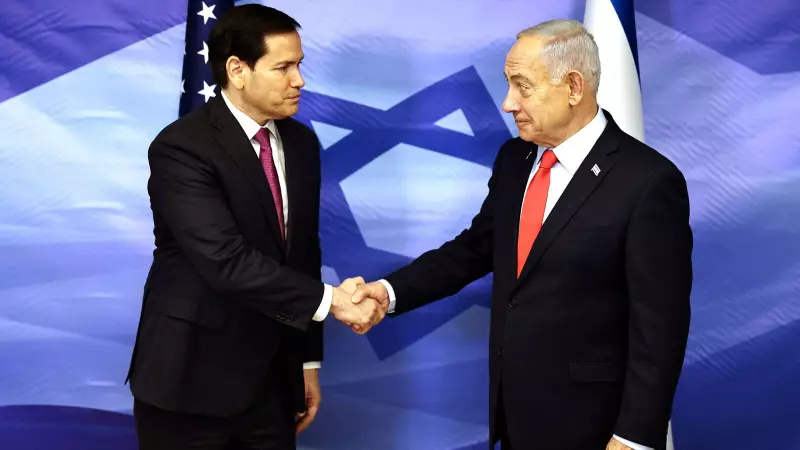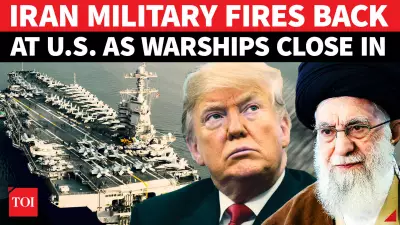
In a bold declaration that underscores growing tensions with its closest ally, Israeli Prime Minister Benjamin Netanyahu has firmly rejected American attempts to influence Israel's military strategy in Gaza, asserting that Jerusalem alone will determine its security policies.
Netanyahu's Defiant Stand
The Israeli leader made his position clear during recent discussions with US officials, emphasizing that while Israel values American support, critical security decisions cannot be dictated from Washington. "This is our own security policy," Netanyahu stated, drawing a clear line in the sand regarding external influence.
Mounting International Pressure
The statement comes amid increasing international calls for Israel to exercise restraint in its Gaza operations. The United States, while maintaining its staunch support for Israel's right to self-defense, has been quietly pushing for modifications to Israel's military approach to minimize civilian casualties and address humanitarian concerns.
A Complex Alliance Tested
Netanyahu's remarks highlight the delicate balance in US-Israel relations, where unwavering support meets occasional policy disagreements. The Prime Minister's office clarified that while Israel appreciates American military aid and diplomatic backing, fundamental security decisions affecting Israeli citizens must remain in Israeli hands.
This stance reflects Israel's long-standing position that it bears ultimate responsibility for protecting its citizens from security threats, particularly from Hamas and other militant groups operating from Gaza.
Regional Implications
The public pushback signals Israel's determination to maintain operational independence despite growing international scrutiny. Analysts suggest this could have significant implications for:
- The timing and scope of future military operations in Gaza
- Post-conflict governance arrangements for the territory
- Broader regional security dynamics
- Future US-Israel coordination on security matters
As the conflict continues, Netanyahu's firm position sets the stage for potential diplomatic friction with the Biden administration, even as both nations emphasize their enduring partnership and shared security interests in the region.






